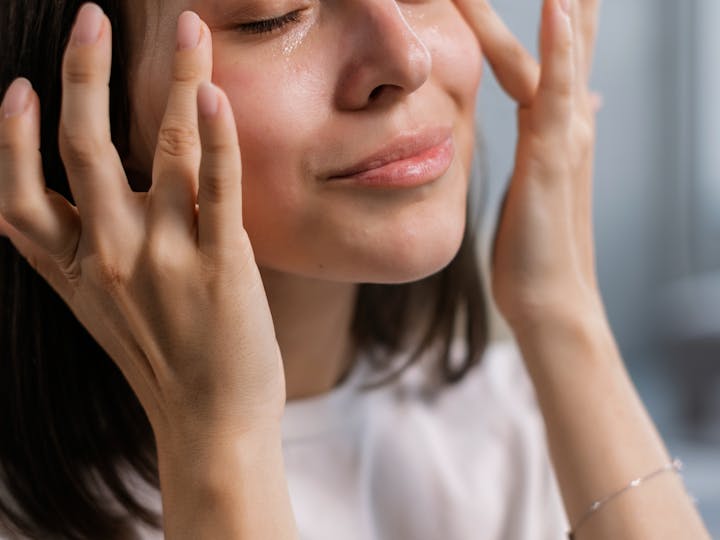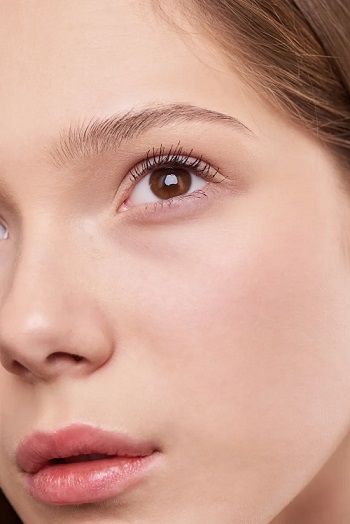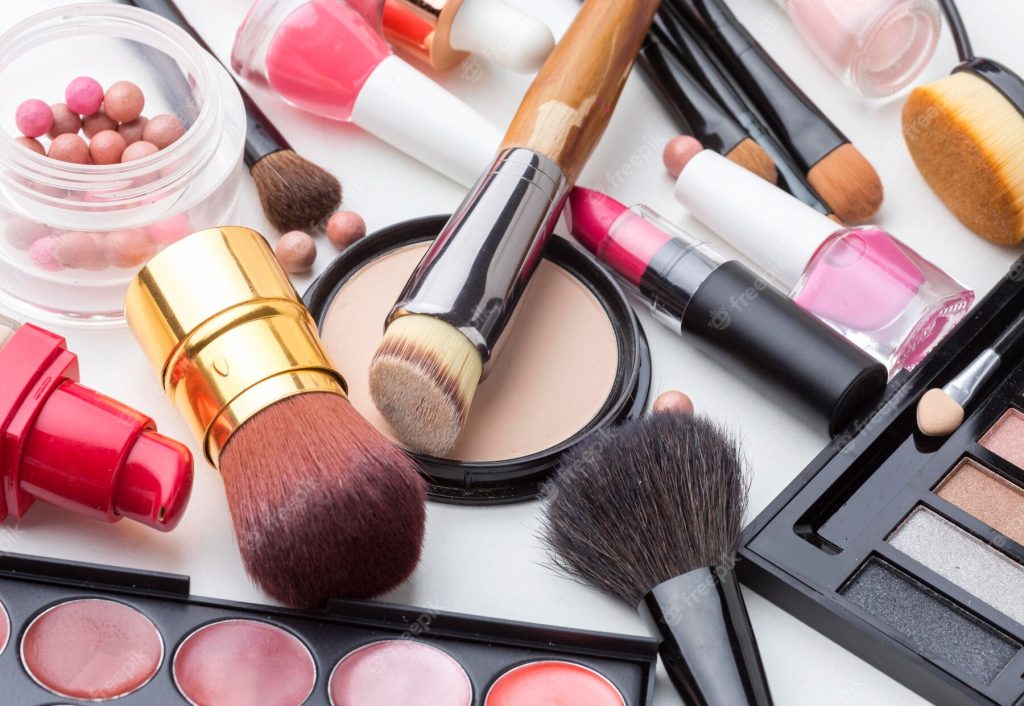In the world of self-care, some rituals have become second nature—skincare, staying active, eating clean, and unplugging from social media. People across Manhattan and beyond are investing more time into wellness routines that promise to heal, recharge, and protect.
But there’s one part of the body quietly doing its job without asking for much in return. It works long hours, handles stress, and sees the world for what it is—literally. Yet it’s rarely pampered, often ignored, and surprisingly delicate—your eyes.
Let’s talk about why taking care of them might be the missing piece in your wellness puzzle.
Your Eyes Work Harder Than You Think
Every swipe, scroll, and screen you stare into demands something from your eyes. They’re adjusting to brightness, filtering blue light, and focusing—constantly.
Most people spend over 8 hours a day in front of screens. That’s more than 50 hours a week. During this time, your blink rate drops, which leads to dryness and fatigue. Ever noticed how your eyes feel tired even if your body doesn’t?
That’s not just in your head. It’s your eyes, asking for a break. The truth is, your eyes never stop. From sunrise to midnight texts, they’re always in motion. And yet, they’re not always part of the self-care conversation. But now, it’s time to change that.
Eyes Can Tell You What’s Happening Inside Your Body
Beyond vision, your eyes are little messengers. They reveal more than most people realize.
Signs of high blood pressure, diabetes, thyroid issues, and even autoimmune conditions often show up in the eyes first. A tiny change in blood vessels. A bit of swelling. A subtle shift in color. These signs are easy to miss—unless someone’s trained to catch them.
That’s why regular eye checkups aren’t just about glasses or contacts. They’re about spotting red flags early. Think of it this way: you wouldn’t skip a heart check or dental exam. So, why skip the eyes?
Dry Eye and Inflammation: The Modern Epidemics of Urban Living
City living has its perks—but also its problems. Pollution, screen time, climate control, allergies—it all adds up. Dry eye syndrome is one of the most common complaints today. Many people think it’s just “normal” irritation. But it’s not. It’s your eyes trying to tell you something isn’t right.
The good news? You don’t have to just deal with it. Some places are taking a more advanced approach. If you’re exploring solutions, look into a trusted ophthalmologist in Manhattan who offers personalized care. Some centers now combine modern technology with patient-focused treatments—like IPL therapy, scleral lenses, and aesthetic eye care—under one roof.
You’ll easily find options that don’t just treat symptoms but get to the root of the problem—and make you feel and look better, too.
Beauty Starts with the Eyes—Literally and Figuratively
The eyes don’t lie. They reflect mood, sleep, health, and emotion. But they also show stress and age faster than most areas of the face.
That puffiness in the morning? It’s not just from salt. It could be a sign of fatigue or poor eye circulation. Dark circles and lines? They may have more to do with eye strain than age.
The skin around your eyes is thin and delicate. It reacts quickly. So, when you care for your eyes, you’re also caring for your overall appearance. In fact, modern wellness often connects eye health with facial rejuvenation. Overall, a healthy eye isn’t just about seeing clearly—it’s about looking rested, youthful, and alert.
Simple Daily Habits That Protect Your Vision
You don’t need a fancy routine to take better care of your eyes. A few small changes go a long way:
- Follow the 20–20–20 rule: every 20 minutes, look 20 feet away for 20 seconds.
- Use a cool compress after a long day to ease tension.
- Invest in UV-protective sunglasses—even on cloudy days.
- Keep the air humid if you live or work in dry environments.
- Eat foods rich in omega-3s, like salmon or flaxseeds—they help with tear production.
- Be gentle when removing eye makeup; rubbing can cause micro-damage.
- And don’t skip your annual eye exam. It’s just as vital as your yearly physical.
Each of these habits adds a layer of protection. They’re simple, effective, and easy to weave into your life.
Wrap Up
So much energy goes into caring for your body, skin, and mind. That’s great. But your eyes deserve a spot on that list, too. They’re your lens to the world—your focus, filter, and the emotional connection to others. And like any other part of you, they need rest, care, and attention.
Whether you’re working on your skincare, starting yoga, or setting a new wellness goal, remember: caring for your eyes is caring for yourself. It’s simple, important, and worth doing. Remember, your eyes work hard every day—so make sure they get the care they need.




